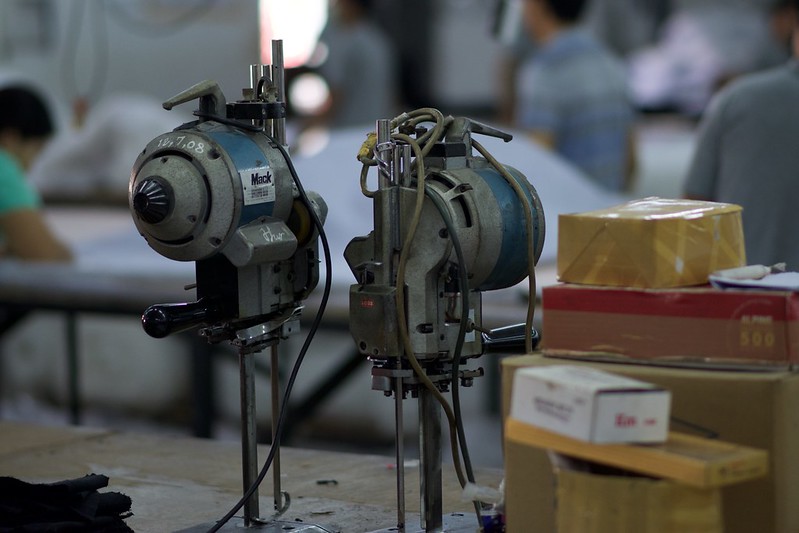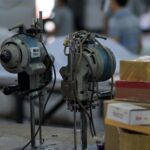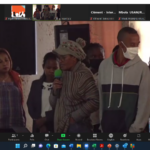Read this article in:
English
23 May, 2022Under the theme - union organizing dynamics in the textile, garment, shoe, and leather industries in Madagascar - the unions that organize in the sectors met in Antananarivo 16-17 May to discuss how to sustain and build union power in a post-Covid economy.
The strategies and tactics discussed at the workshop included having an active trade union membership, shop steward training that improves negotiation skills, how to engage effectively in collective bargaining, representing workers’ interests in social dialogue, defending workers’ rights through enterprise committees, fighting gender-based violence and harassment in factories, and electing effective and democratic trade union leadership.
Further, shop stewards were urged to study and understand the labour code and important provisions including on labour inspectors, and international labour standards, and how to leverage on existing global framework agreements. Currently, there are global framework agreements with ASOS and Inditex.
The workshop also discussed the importance of learning about the textile and garment industry global supply chains, and how they were affected by the Covid-19 pandemic. Knowledge about the supply chains is important to collective bargaining.
On living wages, the workshop agreed to demand living wages of at least 600 000 Malagasy Ariary (US$150). The government’s proposed 260 000 Ariary (US$65) is seen by workers as a poverty wage. The workshop stated that some of the negotiating strategies and tactics that were useful in wage negotiations involved having valid arguments that are backed by statistics and data on wages. This bolstered the living wage demands.
Lovasoa Fetra Harinoro, the women’s chairperson for IndustriALL Madagascar which is made up of IndustriALL affiliates from island and one of the facilitators said:
“One of the goals of this workshop is to build dynamic unions in Madagascar. When unions are dynamic, they can quickly embrace change and are always learning new ways of organizing and developing new union cultures. Being dynamic allows unions to adapt to change and deal with challenges.”
Barson Rakotomanga also from IndustriALL Madagascar was the co-facilitator.
Paule France Ndessomin, IndustriALL regional secretary for Sub Saharan Africa said:
“This is a valuable shop stewards’ workshop as it builds on the skills acquired through previous training. These skills are key to unions’ capability to demand improved working conditions and living wages in the textile and garment sector. We commend IndustriALL Madagascar for facilitating this crucial workshop, and for their active participation by the shop stewards and trade union representatives. Unions are living in a changing world and must keep adapting their skills set to meet the needs of the changing factories and the future of work.”
The workshop, which was held with support from the Sub-Saharan Africa regional office and FES Madagascar, was attended by 39 participants from factories in Antananarivo and Antsirabe who are members of IndustriALL affiliates FISEMA-SEMPIZOF and SEKRIMA. Other participants joined the meeting online.


